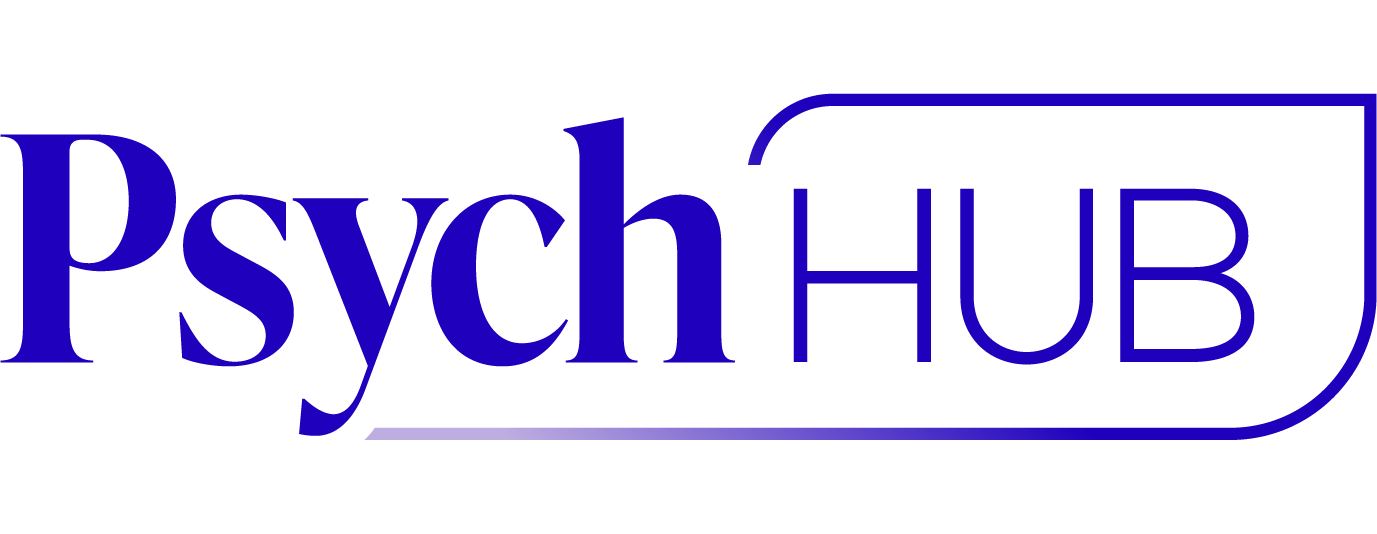Cognitive Behavioral Therapy for
Insomnia
Advanced | Clinical Interventions
1.50-2.25 CE Credits | 2 Hrs. 15 Min.
ce information >
About the Course
Yes, cognitive behavioral therapy can be used to treat sleeping problems! This course is full of strategies that may help clients experience better quality and duration of sleep. Cognitive Behavioral Therapy for Insomnia teaches how to modify sleep disorders' cognitive, behavioral, and emotive symptoms using techniques like sleep restriction, stimulus control, and psychoeducation on sleep hygiene. You can use these techniques to help a variety of clients who find it difficult to fall and stay asleep.
NOTE: Cognitive Behavioral Therapy Foundations—A Skills-Based Approach is a prerequisite for this course. You will not receive credit for this course unless you have first completed Cognitive Behavioral Therapy Foundations.
Estimated Course Length: 2 hrs. 15 min
Course Includes: 6 modules with over 20 components in each module (components consist of a mixed media approach with roleplays, video interviews with subject matter experts, animation explainer videos, knowledge games, and more)
Companion Videos: 2 companion videos for your clients specifically designed to reinforce skills learned in cognitive behavioral therapy for insomnia treatment; over 120 mental health literacy videos for clients on a host of mental health topics
Downloadable PDFs: 5 downloadable PDFs expanding on relevant course topics
Target Audience: Mental Health Providers (licensed professional counselors, licensed clinical social workers, licensed psychologists, licensed marriage and family therapists, psychiatrists, behavioral health nurses); Physicians; Nurses
Level of Instruction: Advanced
Prerequisite: Cognitive Behavioral Therapy Foundations: A Skills-Based Approach
Instructional Method: Self-paced, interactive, hybrid of audio, text, video, and learning checks
Accessibility Accommodations: Closed captioning of all audio and video components
After completing this course, you will be able to describe and employ the following:
-
Distinguish the subsets of insomnia and utilize the three Ps in considering a diagnosis and evaluating the client’s indicators of readiness for CBT-I.
-
Evaluate the client’s sleep hygiene utilizing the CBT model and describe the following techniques: sleep restriction, stimulus control, sleep diary, and out-of-session action plans that facilitate better sleep hygiene.
-
Specify three second-line intervention strategies: cognitive therapy, relaxation training, and sleep compression. Detail four forms of relaxation training: progressive muscle relaxation, diaphragmatic breathing, autogenic training, and imagery training.
-
Describe the following: behavioral and cognitive modification, identifying and restructuring unhealthy habits of sleep hygiene and catastrophic thoughts, and client homework assignments.
-
Explain client progress by tracking sleep titration and a client’s indicators of readiness for termination of therapy and/or potential for relapse by reviewing the client’s sleep diaries and creating a post-therapy plan.
Course Activities for CE Credits: ≥ 1 hrs. 49 min
-
Pre-Course Assessment (10 minutes) [EXCLUDED FROM ACTIVITIES FOR NBCC & CAMFT CREDIT]
-
Module 1: Identifying Insomnia (24+ minutes)
-
Module 2: Curbing Insomnia: Sleep Restriction and Stimulus Control (12+ minutes)
-
Module 3: The Significance of Sleep Hygiene (16+ minutes)
-
Module 4: Curbing Insomnia: Second-Line Intervention Techniques (11+ minutes)
-
Module 5: Cognitive Restructuring for Insomnia Disorder (9+ minutes)
-
Module 6: Retaining Skills and Preventing Relapse (10+ minutes)
-
Theory Tank (7+ minutes)
-
Post-Course Assessment (10 minutes) [EXCLUDED FROM ACTIVITIES FOR NBCC & CAMFT CREDIT]


